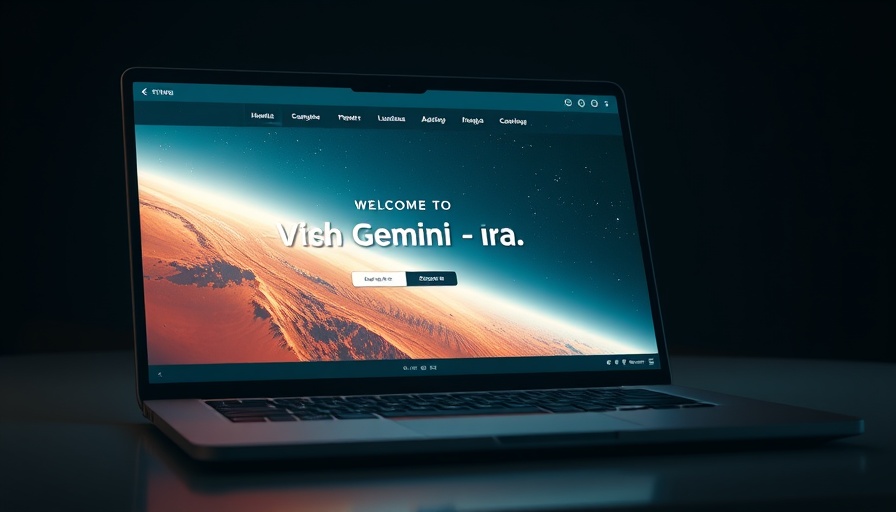
A New Era for Spotify's Voice AI
As Spotify continues to adapt to the ever-evolving landscape of artificial intelligence, the streaming giant is hinting at a future where its voice AI interface becomes not just functional but conversational. This shift was outlined by Chief Product and Technology Officer, Gustav Söderström, during the company's most recent earnings call. The development of **generative AI** is paving the way for more engaging and interactive consumer experiences.
Unleashing the Power of Conversation
Currently, Spotify allows users to interact with its features through plain language, enabling them to request songs and engage with playlists. This system is turning into a treasure trove of data, adding a new dimension to how Spotify can personalize content. Söderström emphasized the importance of this dataset, which will lead to a detailed understanding of user preferences, much like how Amazon's recommendation system operates.
The Move Beyond Prediction
Looking ahead, Spotify aims to do more than simply predict user behaviors; the company seeks to incorporate reasoning into its AI functionalities. This means that instead of merely suggesting music based on previous plays, Spotify's AI listener could analyze the user's verbal requests and adapt its suggestions in a more meaningful, context-aware way.
Implications for User Engagement
This ambitious plan will vastly improve user interaction, making the experience much richer. As the AI evolves, users might find themselves not only passively consuming content but engaging in a dialogue with Spotify. This could redefine music streaming as a participatory activity, where listeners can express emotions or preferences and receive recommendations that feel curated and tailored just for them.
The implications of such a conversational interface can be profound, especially as AI continues to shape the media landscape. By harnessing advanced AI capabilities, Spotify is not just staying competitive; it's paving a path toward a future where AI plays a central role in the way we experience audio.
 Add Row
Add Row  Add
Add 




Write A Comment